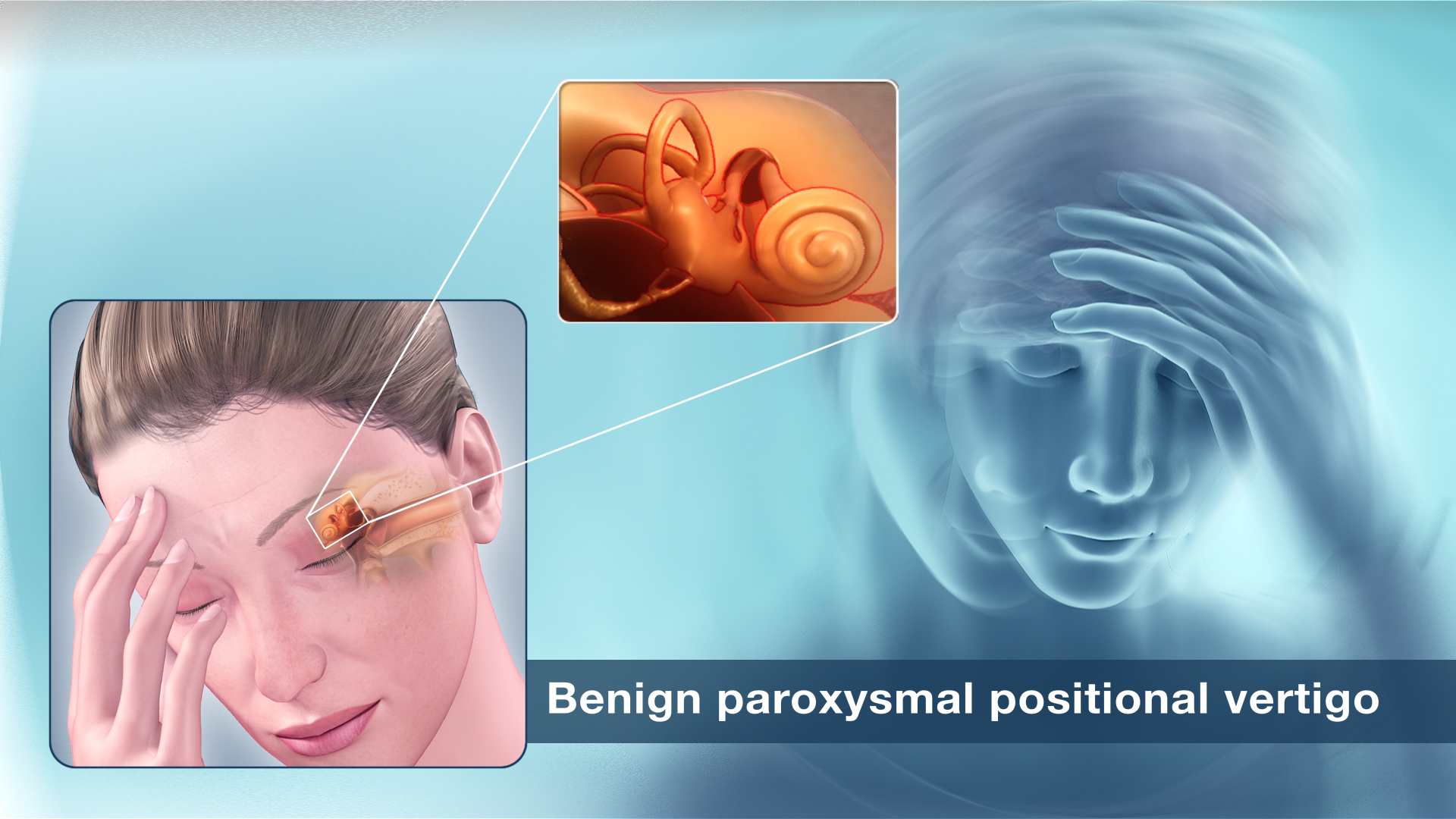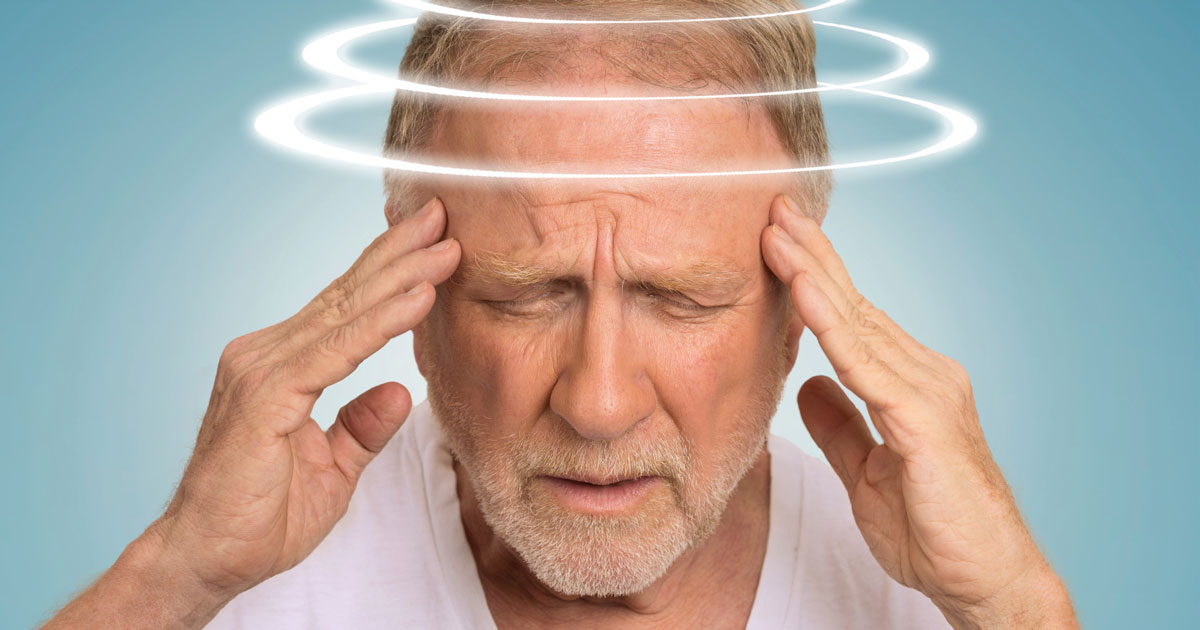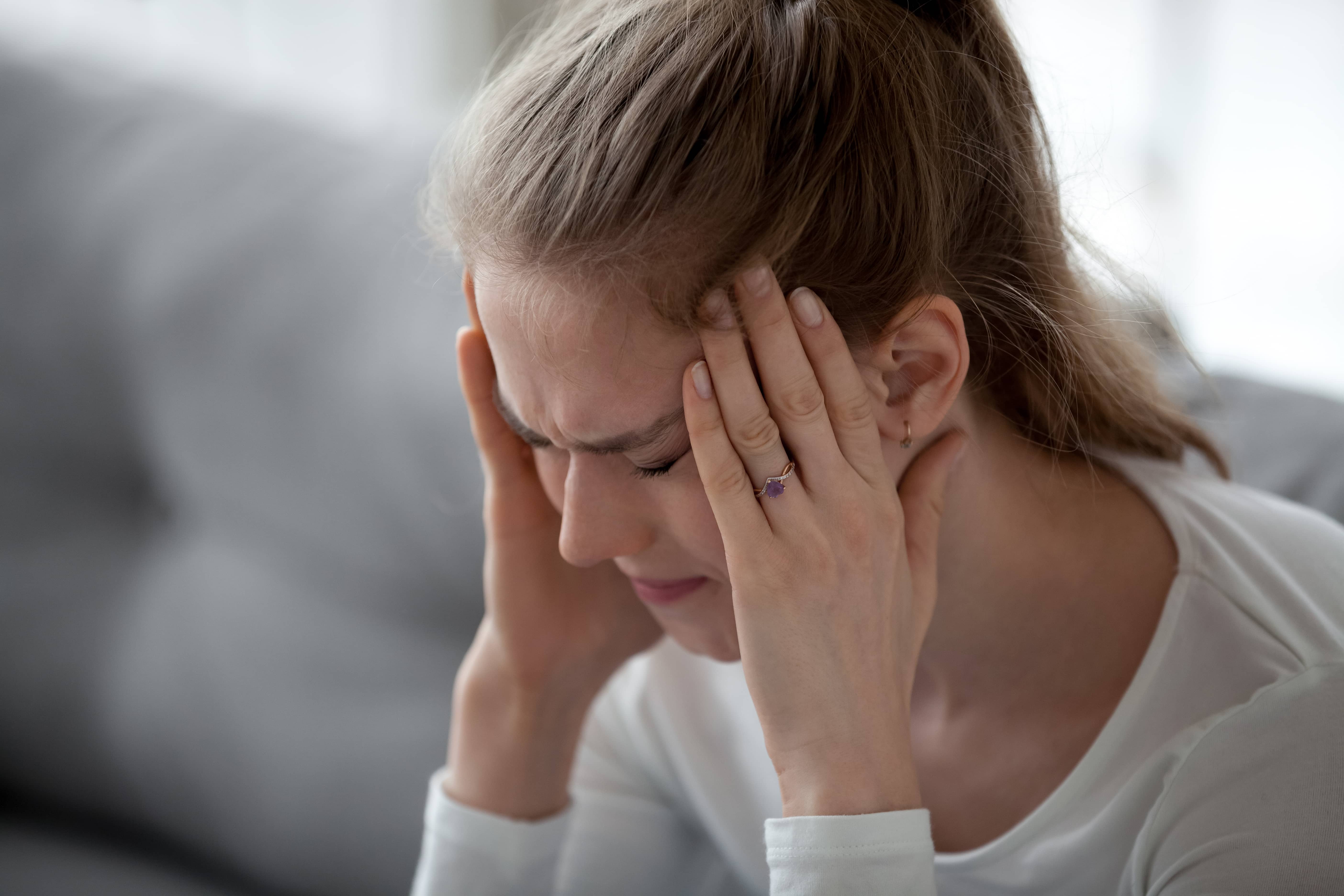What can you take for vertigo? This is a question that many people ask when they are experiencing this condition. Vertigo is a feeling of dizziness or spinning that can be caused by a variety of factors. While there is no one-size-fits-all answer to this question, there are a number of medications, home remedies, and lifestyle changes that can help to alleviate vertigo symptoms.
In this article, we will discuss the different types of medications that can be used to treat vertigo, as well as their effectiveness and side effects. We will also share some common home remedies that can help to alleviate vertigo symptoms, and provide a list of exercises that can help to improve balance and reduce vertigo symptoms.
Medications for Vertigo

Vertigo is a common condition that can cause dizziness, nausea, and vomiting. There are a variety of medications that can be used to treat vertigo, depending on the underlying cause.
Vertigo is a common problem that can cause dizziness, nausea, and vomiting. There are a number of different things that can cause vertigo, including inner ear problems, head injuries, and certain medications. If you are experiencing vertigo, it is important to see a doctor to determine the cause and get the appropriate treatment.
There are a number of different medications that can be used to treat vertigo, including anti-nausea medications, anti-vertigo medications, and sedatives. What is vertigo problem ? Vertigo is a condition that causes a person to feel dizzy and off-balance. It can be caused by a number of things, including inner ear problems, head injuries, and certain medications.
There are a number of different medications that can be used to treat vertigo, including anti-nausea medications, anti-vertigo medications, and sedatives.
Antihistamines, What can you take for vertigo
Antihistamines are a type of medication that can be used to treat vertigo caused by motion sickness or Meniere’s disease. They work by blocking the effects of histamine, a chemical that is released by the body during allergic reactions. Antihistamines can cause drowsiness, so it is important to take them as directed by your doctor.
Anticholinergics
Anticholinergics are a type of medication that can be used to treat vertigo caused by inner ear problems. They work by blocking the effects of acetylcholine, a chemical that is involved in the transmission of nerve impulses. Anticholinergics can cause dry mouth, blurred vision, and difficulty urinating, so it is important to take them as directed by your doctor.
Benzodiazepines
Benzodiazepines are a type of medication that can be used to treat vertigo caused by anxiety or panic attacks. They work by calming the nervous system. Benzodiazepines can cause drowsiness, so it is important to take them as directed by your doctor.
Calcium channel blockers
Calcium channel blockers are a type of medication that can be used to treat vertigo caused by migraines. They work by blocking the flow of calcium into cells, which can help to prevent migraines from occurring. Calcium channel blockers can cause dizziness, so it is important to take them as directed by your doctor.
Comparison of Vertigo Medications
The following table compares the different types of medications used to treat vertigo:
| Medication | Effectiveness | Side Effects |
|---|---|---|
| Antihistamines | Effective for motion sickness and Meniere’s disease | Drowsiness |
| Anticholinergics | Effective for inner ear problems | Dry mouth, blurred vision, difficulty urinating |
| Benzodiazepines | Effective for anxiety and panic attacks | Drowsiness |
| Calcium channel blockers | Effective for migraines | Dizziness |
Home Remedies for Vertigo

Vertigo, a condition characterized by a spinning sensation, can be alleviated through various home remedies. These remedies aim to reduce symptoms and promote overall well-being. However, it’s essential to consult a healthcare professional before implementing any home remedies to rule out underlying medical conditions.
Lifestyle Modifications
- Get adequate rest:Rest can help reduce symptoms and promote balance.
- Avoid caffeine and alcohol:These substances can worsen vertigo symptoms.
- Stay hydrated:Dehydration can contribute to vertigo, so it’s important to drink plenty of fluids.
- Reduce stress:Stress can trigger vertigo, so finding ways to manage stress can be beneficial.
Dietary Remedies
- Ginger:Ginger has anti-nausea properties that can help reduce vertigo symptoms. Try consuming ginger tea or incorporating it into your meals.
- Lemon:Lemon contains vitamin C, which can help strengthen the immune system and reduce inflammation.
- Apple cider vinegar:Apple cider vinegar has anti-inflammatory properties that can help reduce vertigo symptoms. Dilute it with water before consuming.
Physical Remedies
- Epley maneuver:This is a specific set of head and body movements that can help reposition loose crystals in the inner ear, which may cause vertigo.
- Balance exercises:Practicing balance exercises can help improve balance and reduce vertigo symptoms.
- Cold water therapy:Applying a cold compress to the back of the neck can help reduce vertigo symptoms.
Exercises for Vertigo: What Can You Take For Vertigo

Exercises can help improve balance and reduce vertigo symptoms. They work by strengthening the muscles that control eye movement and balance, and by improving coordination between the eyes and the vestibular system (the part of the inner ear that helps with balance).
There are a number of different exercises that can help with vertigo. Some of the most common include:
Head and Eye Exercises
- Sit in a chair with your feet flat on the floor and your head straight ahead. Slowly turn your head to the right, then to the left, holding each position for 5 seconds. Repeat 10 times.
- Sit in a chair with your feet flat on the floor and your head straight ahead. Slowly move your eyes up, then down, holding each position for 5 seconds. Repeat 10 times.
- Sit in a chair with your feet flat on the floor and your head straight ahead. Slowly move your eyes in a clockwise circle, then in a counterclockwise circle, holding each position for 5 seconds. Repeat 10 times.
Balance Exercises
- Stand with your feet shoulder-width apart and your arms at your sides. Slowly lift your left leg off the ground and bend your knee, bringing your heel towards your buttocks. Hold for 5 seconds, then slowly lower your leg. Repeat with your right leg.
- Stand with your feet shoulder-width apart and your arms at your sides. Slowly bend your knees and lower your body until your thighs are parallel to the floor. Hold for 5 seconds, then slowly rise back to the starting position.
- Stand with your feet shoulder-width apart and your arms at your sides. Slowly walk forward, taking 10 steps. Then, slowly walk backward, taking 10 steps.
It is important to consult with a healthcare professional before starting any exercise program, especially if you have vertigo. They can help you choose the right exercises for your condition and ensure that you are doing them safely.
Lifestyle Changes for Vertigo
Making certain lifestyle changes can significantly improve vertigo symptoms and enhance overall well-being. These changes focus on managing triggers, reducing stress, and ensuring adequate rest.
Getting Enough Sleep
Sufficient sleep is crucial for vertigo management. Aim for 7-9 hours of quality sleep each night. Establish a regular sleep-wake cycle, even on weekends. Create a relaxing bedtime routine to promote restful sleep.
Managing Stress
Stress can exacerbate vertigo symptoms. Engage in stress-reducing activities such as yoga, meditation, or deep breathing exercises. Prioritize relaxation techniques that help you cope with stress effectively.
Avoiding Certain Triggers
Identifying and avoiding specific triggers that worsen vertigo is essential. Common triggers include:
- Sudden head movements
- Bright lights or flickering screens
- Loud noises
- Certain foods or drinks (e.g., caffeine, alcohol)
Outcome Summary

If you are experiencing vertigo, it is important to see a doctor to rule out any underlying medical conditions. Once any underlying medical conditions have been ruled out, you can discuss with your doctor the best course of treatment for your vertigo.
